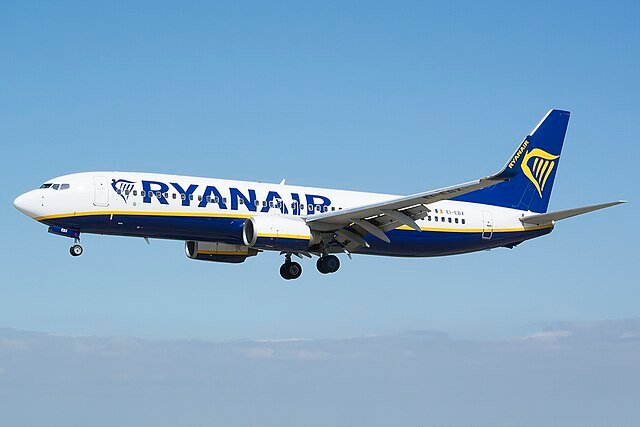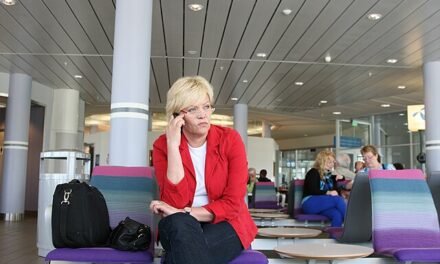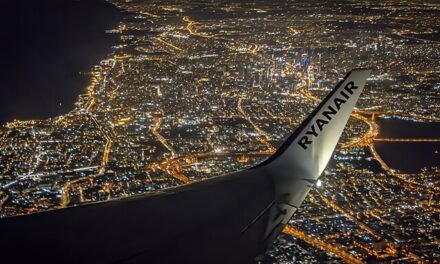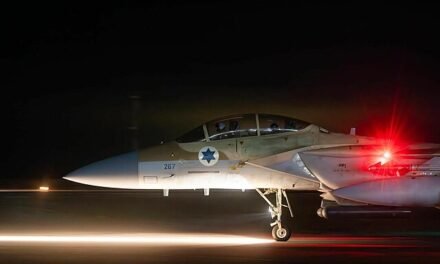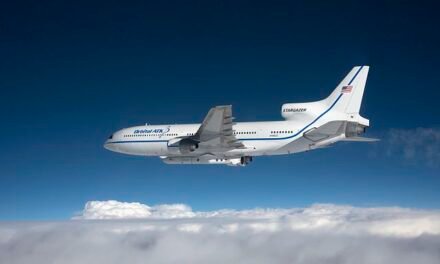In the quiet Dutch city of Maastricht, the hum of airplane engines is about to fade. Ryanair, the budget airline known for whisking travelers across Europe, announced it’s pulling all flights from Maastricht Airport starting October 26, 2025, leaving locals and visitors reeling. But across the North Sea, excitement is brewing in Scotland, where a new route from Edinburgh to Rzeszów, Poland, promises affordable adventures. For the families, workers, and dreamers caught in this shake-up, it’s a bittersweet moment of loss and possibility, as Ryanair reshapes its wings.
Maastricht Airport, nestled near the cobblestone charm of its namesake city, has been a gateway for sun-seekers heading to Alicante, Bari, Girona, Porto, and Zadar. Now, those five routes, carrying 150,000 passengers yearly, are grounded. The reason? Soaring costs, with an eco-tax pushing nearly €30 per passenger, making the airport one of Europe’s priciest, according to Ryanair. For locals like Anke, a Maastricht café owner who loved quick Porto getaways, it’s a punch to the gut. “Those cheap flights were our escape,” she said, stirring her coffee. “Now it feels like we’re cut off.” Airport workers, like baggage handler Lars, worry about jobs. “It’s not just flights—it’s our livelihoods,” he said, his voice heavy.
The decision stings because Maastricht’s recovery from the pandemic has been slow, with only half its pre-Covid traffic in 2024. Ryanair’s exit, blamed on the Dutch government’s rising aviation taxes, feels like a door slamming shut. A local student, Mila, who flew to Bari to visit her grandparents, teared up: “It was my summer ritual. Now I don’t know how I’ll see them.” Some travelers argue Ryanair’s move is a harsh tactic to pressure airports, but others see it as a business necessity. “They’re about low fares,” said a Dutch retiree, Hans. “If costs skyrocket, they’ll fly elsewhere.”
Meanwhile, in Edinburgh, hearts are lifting. Ryanair’s new twice-weekly flights to Rzeszów, starting in October for as low as £15, are a gift for travelers craving something new. Rzeszów, a medieval gem in southeastern Poland, boasts vibrant markets and a Christmas glow that rivals Krakow’s. For Fiona, an Edinburgh nurse, the route is a chance to explore her Polish roots. “My gran told stories of Rzeszów’s old streets,” she said, smiling. “Now I can walk them myself.” Scottish students, like Jamie, are thrilled, too. “It’s cheap enough to visit for a weekend,” he said, already planning a winter market trip.
The contrast isn’t lost on travelers. While Maastricht mourns, Edinburgh celebrates, but both feel the weight of Ryanair’s bold strategy. The airline’s been vocal about Europe’s rising taxes, slashing routes elsewhere—18% fewer seats in Spain, cuts in Italy’s Rome Fiumicino, and a base closure in Denmark’s Billund. These moves ripple, affecting small businesses near airports and tourists chasing budget deals. A Maastricht hotel clerk, Sophie, sighed, “Fewer flights mean fewer guests. It’s going to hurt.” Yet in Rzeszów, a market vendor, Piotr, is hopeful: “More Brits means more bustle. Our city’s ready to shine.”
Ryanair’s choices spark questions. Are high taxes choking travel, or is the airline playing hardball to keep fares low? An aviation analyst noted that regional UK airports are gaining routes while costlier hubs like Maastricht lose out, leaving travelers both empowered and vulnerable to sudden changes. For now, Maastricht’s runways will quiet, and its community will adapt, perhaps finding new ways to connect. In Edinburgh, the promise of Rzeszów’s charm is already sparking dreams of holiday lights and new friendships.
As Anke in Maastricht brews another coffee and Fiona in Edinburgh books her first flight, Ryanair’s revamp reminds us how travel ties us together—and how quickly those ties can shift. For every door that closes, another opens, carrying hope, heartache, and the promise of a new journey.

